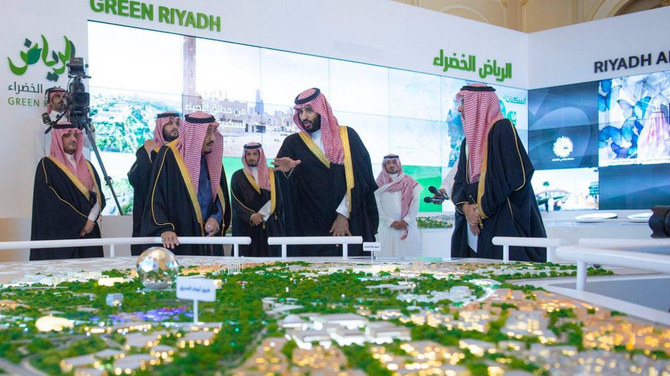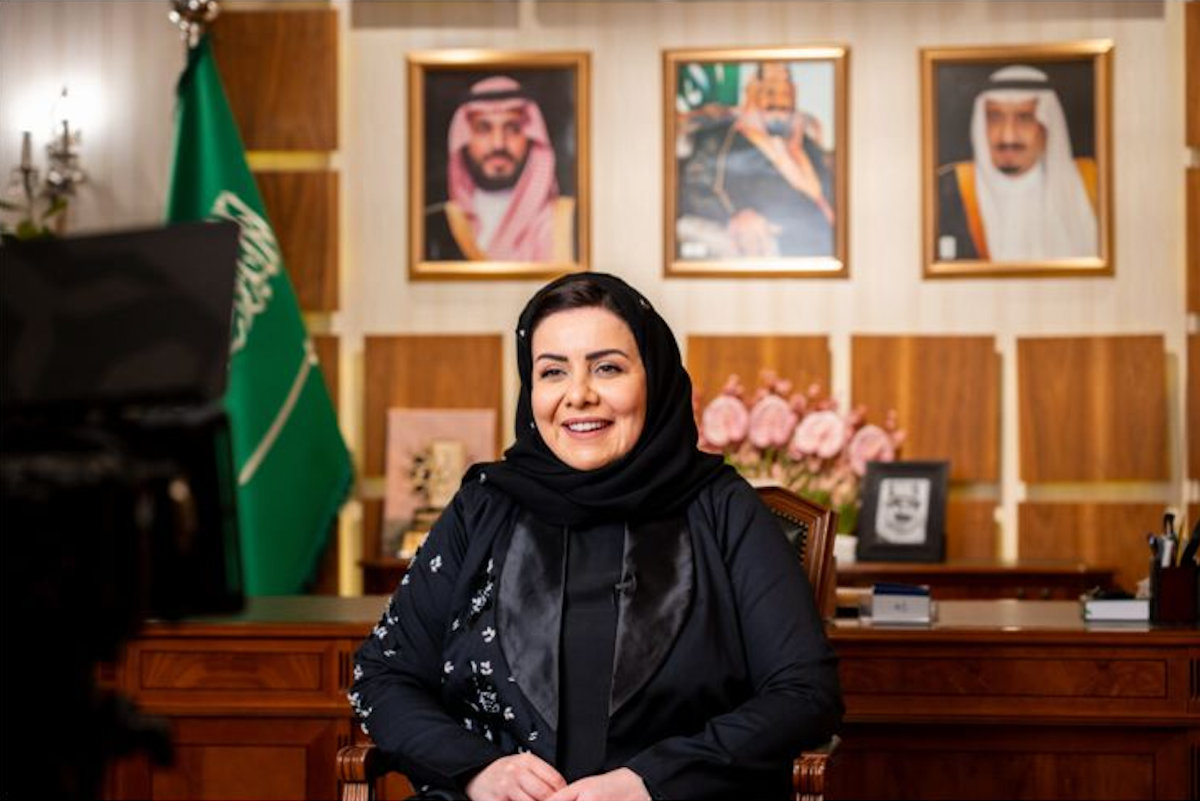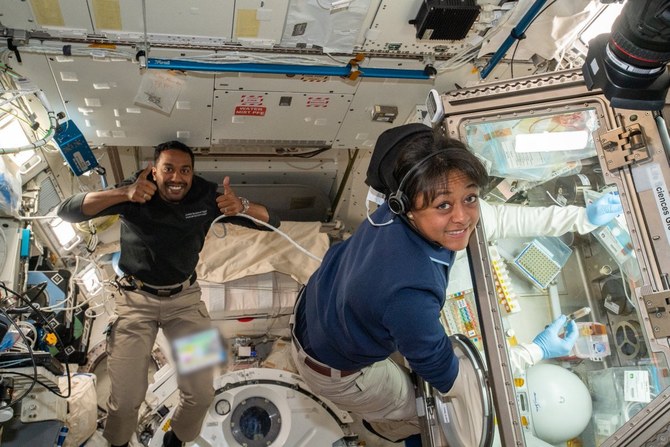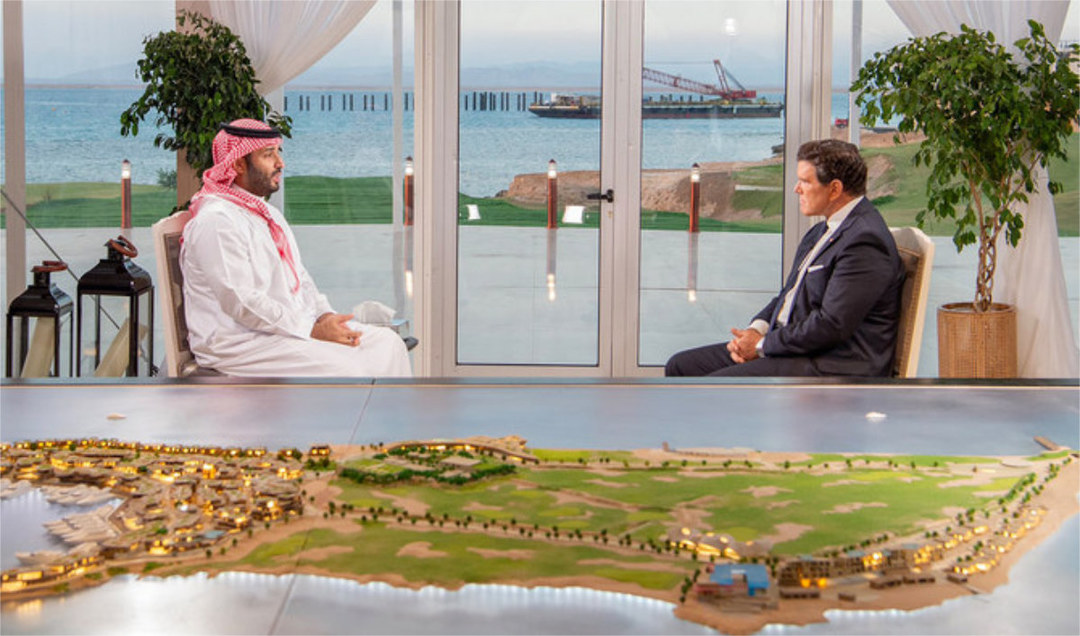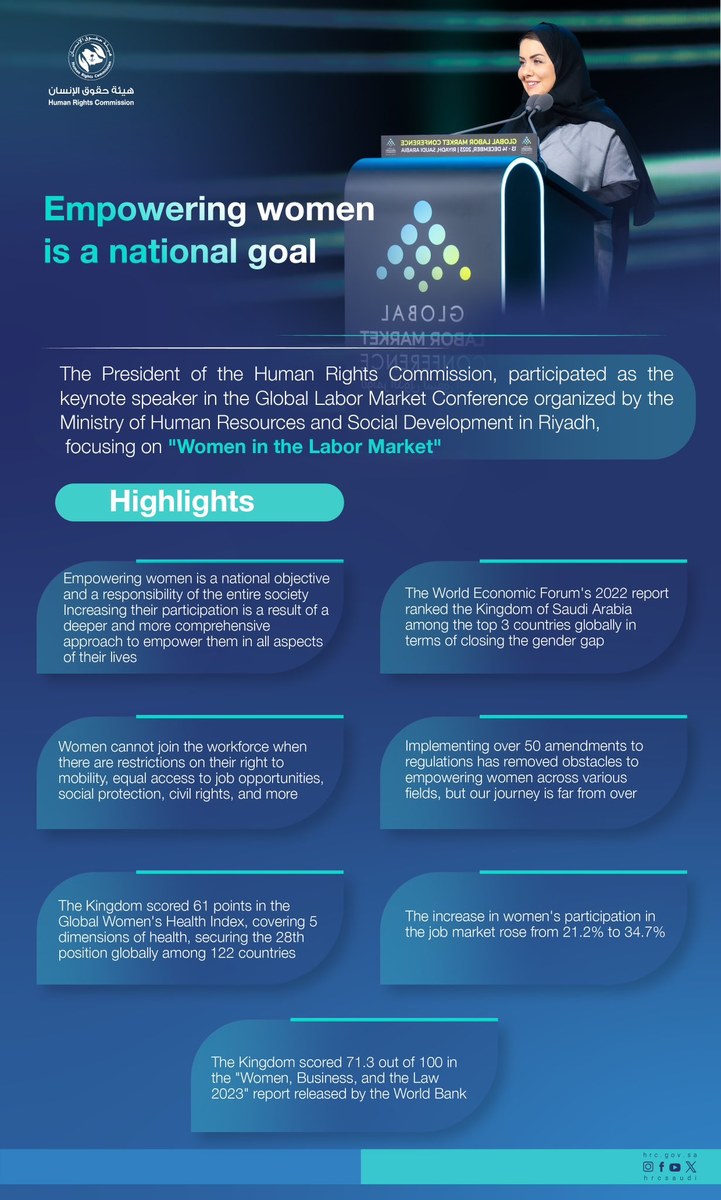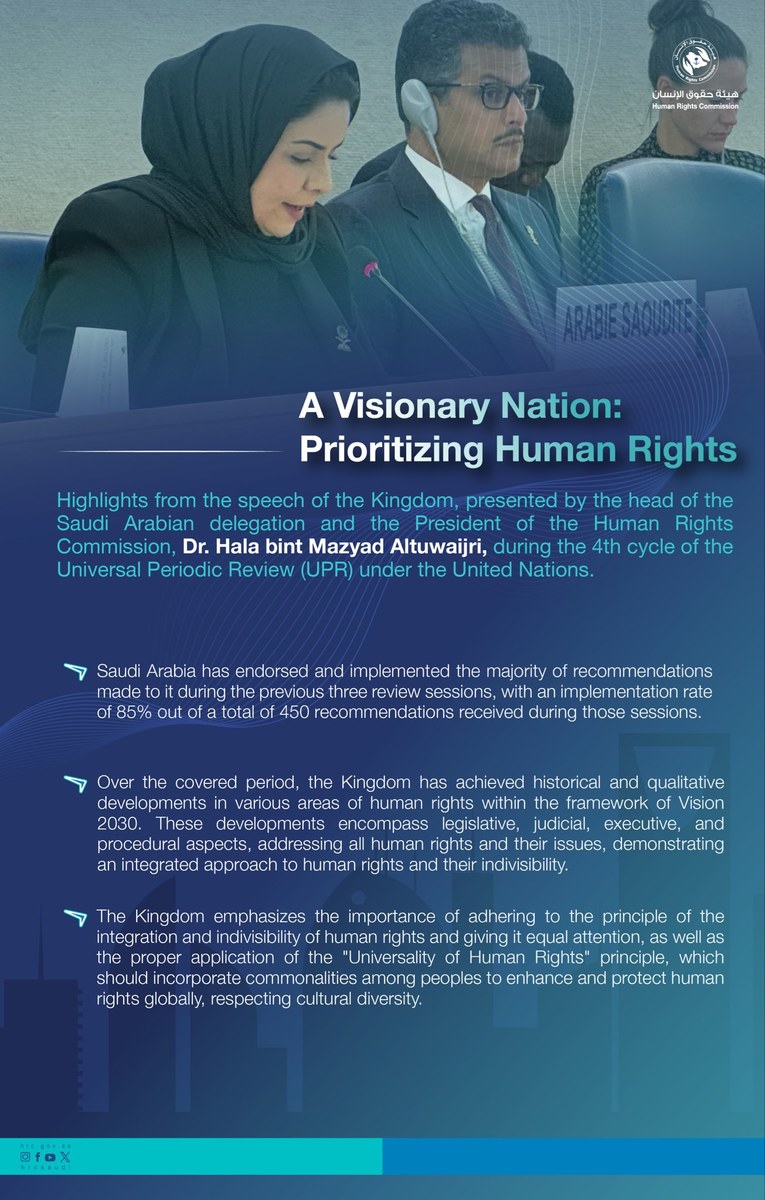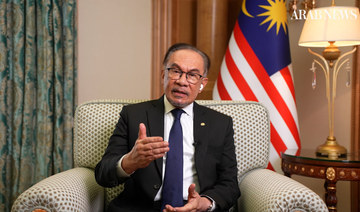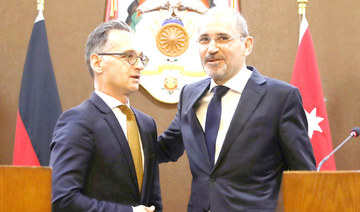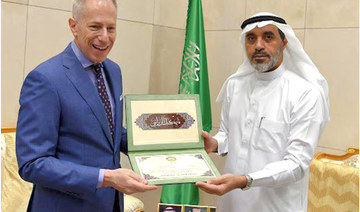DUBAI: Two new Saudi initiatives are generating buzz and enthusiasm for environmental protection and climate-change mitigation far beyond the Kingdom’s borders. Unveiled by Crown Prince Mohammed bin Salman on March 27, the Saudi Green and Middle East Green initiatives call for regional cooperation to tackle the environmental challenges facing the Kingdom and the region as a whole.
From conflict and hunger to energy and diplomacy, Saudi Arabia has traditionally been a leading force in shaping the GCC region’s policies and coordinating responses to crises. The “green” initiatives, which are part of the Vision 2030 reform strategy, will place Saudi Arabia at the center of regional efforts to meet international targets on climate change mitigation, as well as help it achieve its own goals.
Indeed, the Saudi plan is already a major talking point in the run-up to the US-hosted Leaders’ Climate Summit on Earth Day (April 22), which is also the fifth anniversary of the day the Paris Agreement was opened for signature.
“The initiatives are a forward-looking and commendable move by the Saudi leadership to seriously curtail greenhouse gas emissions and combat the negative effects of deforestation in the region,” Koichiro Tanaka, professor at Keio University and former managing director of the Institute of Energy Economics in Japan, told Arab News.
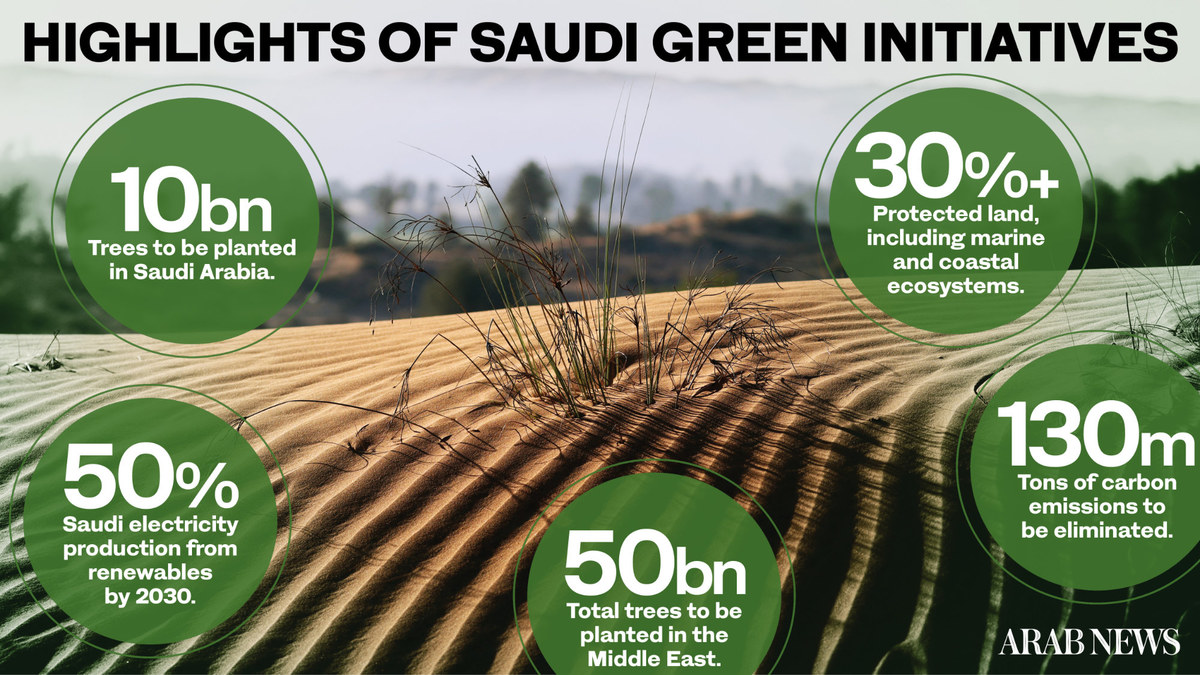
“The Saudi Vision 2030, with its ambitious goals, has already demonstrated the Kingdom’s determination to significantly reduce CO2 emissions through the concept of the circular carbon economy.”
The Saudi Green Initiative entails the planting of 10 billion trees in the Kingdom, restoring 40 million hectares of degraded land, generating 50 percent of electricity from renewables by 2030 and eliminating more than 130 million tons of carbon emissions. Under the Middle East Green Initiative, 40 billion trees will be planted in the region, 200 million hectares of degraded land will be restored and carbon emissions will be reduced by 60 percent.
The targets are ambitious to be sure. But as Yousef Al-Balawi, an environmental risk assessment specialist at the National Center for Environmental Compliance in Saudi Arabia, explains, the tree-planting process will be examined by specialists and experts, with a focus on indigenous trees that can survive on minimal amounts of water. Most of the Kingdom’s 2,000-plus species of plants are well adapted to the region’s hot, arid environment.
“Plants greatly help in reducing the concentration of carbon dioxide responsible for global warming, and the associated negative effects on the environment, such as desertification and land degradation,” he told Arab News.
“Moreover, different plants remove different harmful gases. Thus, a ‘green belt’ can contribute to purifying the atmosphere of cities in addition to absorbing and reducing traffic noise, among other things.”
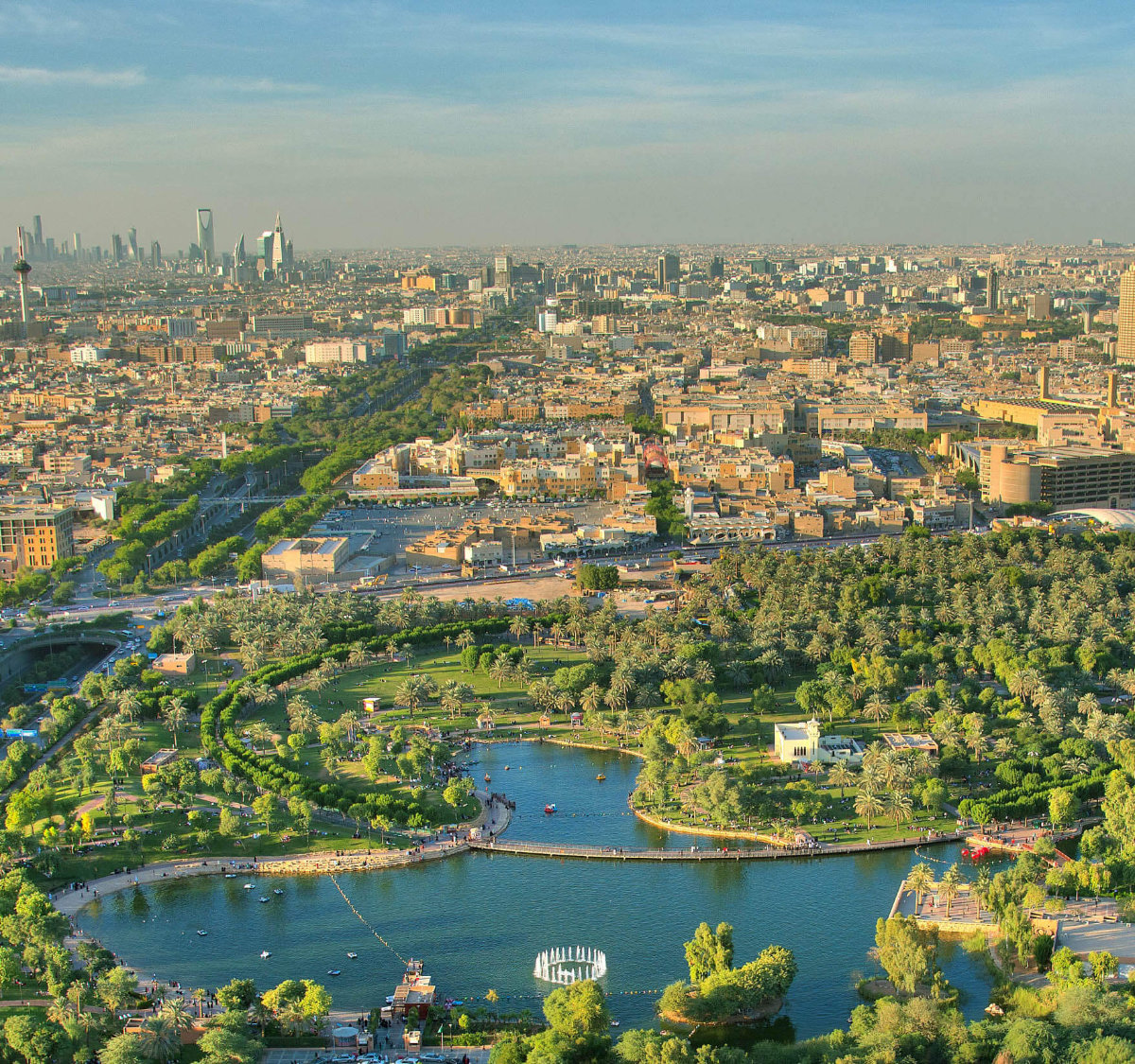
Decarbonizing the economy is being touted as a job-creation opportunity for the region’s future. (Reuters)
With vegetation cover being a pillar of three important systems that support the global economy (farms, forests and pastures), Al-Balawi says that the planting of 10 billion trees under the Saudi Green plan will be equivalent to rehabilitating about 40 million hectares of degraded land, which in turn will give rise to a 12-fold expansion in the Kingdom’s existing tree cover.
“The initiatives will actively contribute to preserving the planet and protecting the environment to improve quality of life, which confirms the Kingdom’s pioneering role on common international issues,” he told Arab News.
“Adopting and launching the Saudi Green and Middle East Green initiatives will enhance the role of vegetation in purifying the air through the process of photosynthesis, the absorption of carbon dioxide and the production of oxygen. Preserving the environment is the responsibility of everyone — government as well as people.”
Sounding an equally positive note, Mohammed Al-Ghazal, co-founder and CEO of Noor Energy, said the Saudi Crown Prince’s initiatives could facilitate a quantum leap in quality of life and environment in Saudi Arabia, the Middle East and beyond. This is especially critical as climate change and public health are global challenges today.
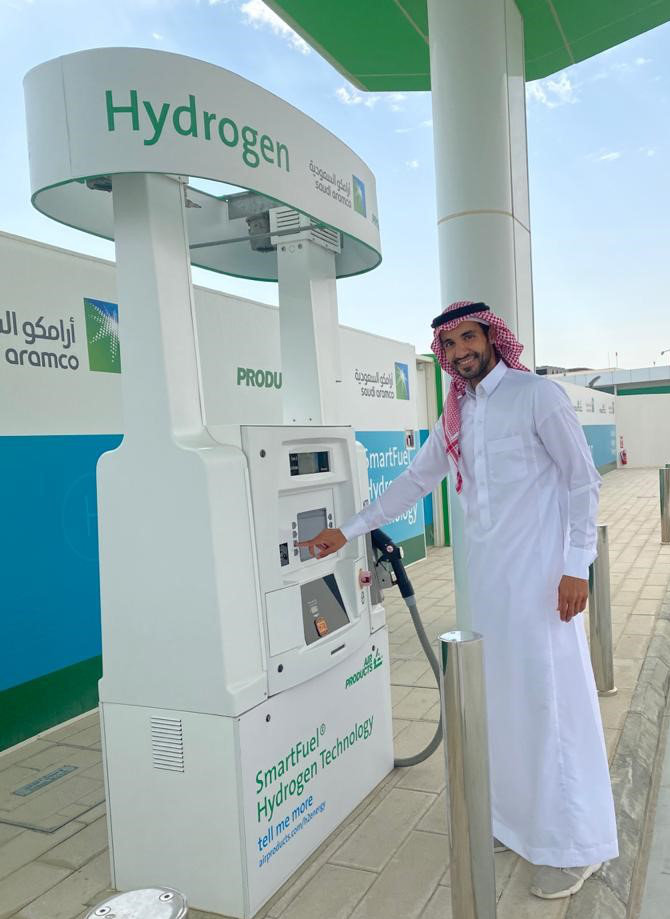
Mohammed Al-Ghazal, co-founder and CEO of Noor Energy. (Supplied)
“Not many plants in Saudi Arabia are native to the region. The country is also a powerhouse of fossil fuels, which continue to run the world. Yet Saudi Arabia has boldly taken the world to higher levels of re-foresting sandy deserts and greening energy supplies,” he told Arab News.
“This is an extension of Saudi Arabia’s leadership role of the G20, to make the world a better place for all.”
While the GCC region has long been a leading global supplier of fossil fuels, renewables are complementing its own energy mix, offering eco-friendly alternatives such as clean hydrogen fuel to decarbonize and reduce gas emissions.
“It is rewarding to see different countries of the region working together toward a common goal under the umbrella of the Kingdom,” Al-Ghazal said. “This will spur similar initiatives the world over, with Saudi Arabia as the nucleus of an ambition green revolution.”
With around 70 to 90 percent of the Arabian Peninsula facing the threat of desertification, owing to past and ongoing human activities, a massive afforestation and land restoration initiative holds hope for millions of hectares of degraded land.
“The benefits of such a project go far beyond the carbon sequestration, as it will contribute to rebuilding degraded soils, enhancing the water cycle, restoring biodiversity, growing income and livelihood opportunities, as well as increasing the region’s resilience to climate change,” Seta Tutundjian, director of programs at the International Center for Biosaline Agriculture in Dubai, told Arab News.
“In the long term, it can even alter local weather patterns. Unfortunately, many still view the environment as a resource to exploit for economic and social gain, with very little thought for the ecological implications. Therefore, initiatives and campaigns that aim to protect the environment can play a huge role in changing this mindset.”
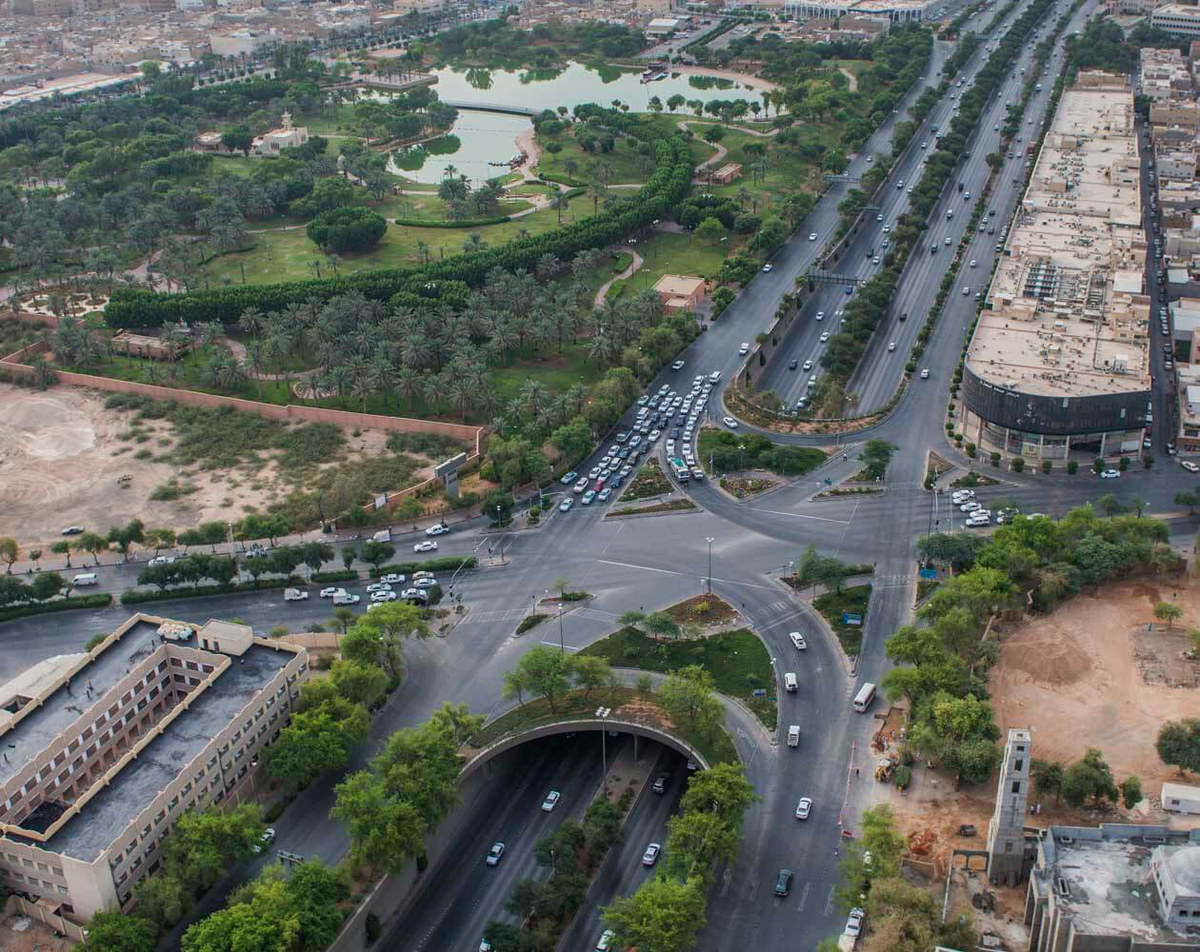
Decarbonizing the economy is being touted as a job-creation opportunity for the region’s future. (Reuters)
For Tatiana Antonelli Abella, founder and managing director of UAE-based green social enterprise Goumbook, Saudi Arabia’s transformation from one of the world’s top oil producers to a leader in forging a greener world is extremely encouraging.
“The Crown Prince recognizes the Kingdom’s responsibility in advancing the fight against the climate crisis, and seems to be ready to act while preserving the economy and protecting the environment,” she told Arab News.
“The Saudi Green Initiative is a clear move to diversify the economy away from its oil dependence. Even today, less than 1 percent of the Kingdom’s energy comes from renewables.”
As daunting as it may be, the Saudi Green goal of 50 percent electricity generation from renewable sources by 2030 dovetails nicely with that of at least one neighbor: The UAE hopes to achieve the same target by 2050, although Abu Dhabi has set for itself a more ambitious deadline: 2030.
“Such is the scale and range of global environmental challenges that no single country can tackle them alone,” Abella said. “They require a joint, cross-border approach, hopefully aligned with the UN’s Sustainable Development Goals 2030 Agenda.”
Antoine Vagneur-Jones, associate at BloombergNEF, said that the Saudi initiatives make sense when one considers the fact that carbon dioxide emissions were soaring across the region before the pandemic hit. He noted that progress in decoupling Saudi Arabia’s economy from fossil fuels has been made over a short time, although oil still accounted for two-thirds of fiscal revenues in 2019.
“Decarbonizing the economy can yield a myriad of opportunities, from job creation linked to new technologies, to producing hydrogen from clean power,” Vagneur-Jones told Arab News. “The Kingdom has aligned the initiative with existing objectives. In order to drive the transition, the headlines must translate into a robust policy and concrete measures.”
_____________________
• Twitter: @CalineMalek






